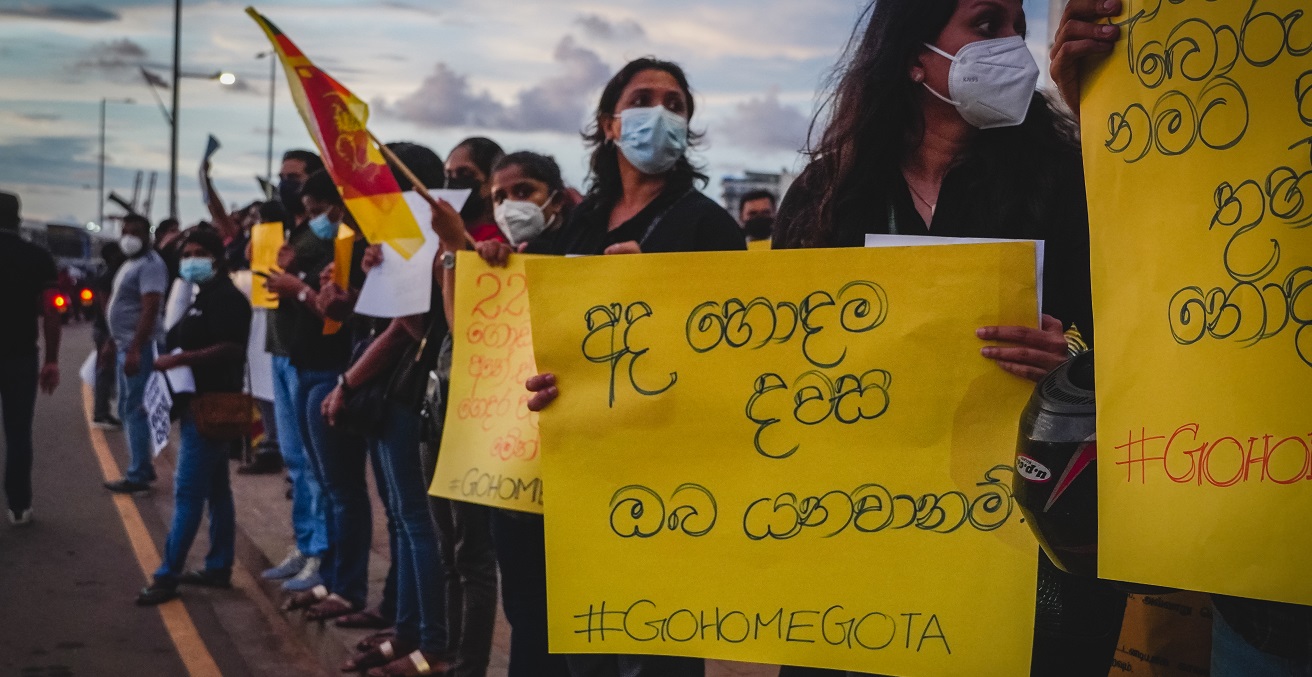Sri Lanka’s economic meltdown has prompted a mass exodus of skilled tech workers relocating to the European Union, the U.S., and Australia.
The island nation of 22 million, just off India’s southern coast, is currently facing its worst economic crisis since independence in 1948. Sri Lanka owes its debtors $7 billion this year and has run out of foreign reserves to pay for imports of food, fuel, and medicines.
Serpentine queues for fuel have made it impossible for IT workers to commute to the office. Those working from home are having to endure daily hours-long power cuts. “I know companies that sent UPSes to people working from home, did everything humanly possible to make sure that those guys are working on track,” Asela Waidyalankara, a cybersecurity professional based in Colombo, told Rest of World. But, despite their best efforts, the desire to migrate seems to be pervasive across Sri Lanka’s IT sector.
Though the exact volume of crisis-induced emigration is not available, tech leaders have been outspoken about the brain drain. Sanjiva Weerawarana, founder of Sri Lankan software firm WSO2, said the firm lost 40 Sri Lankan employees to migration. “My feeling is that a few hundred are looking for options to migrate,” he wrote on Twitter. To ensure business continuity and boost investor confidence, WSO2 is expanding its presence outside of Sri Lanka.
The island nation, which has consistently ranked as a top 30 software outsourcing destination, employing 120,000 people, and earned $1.2 billion in export revenue in 2017, is now feeling threatened.
To retain talent, Sri Lankan IT companies have started pegging salaries to U.S. dollars, instead of the local currency, but that has had little impact. “We have good talent moving out of the country, or making plans to move on, despite IT companies offering salaries in USD,” said Waidyalankara. “OK, we’ll peg [salaries] to the daily USD rate. But what else? What else can I offer them? Security? Comfort? I can’t offer them that. That’s where the tragedy is,” he told me, welling up, sitting across from me at the Cinnamon Grand Colombo hotel last month.
Besides tech workers, other highly skilled workers, such as doctors and nurses, are also migrating, as the embattled government has proposed salary cuts to a system already under immense stress due to medical shortages. There’s been a 250% increase in demand for new passports issued in 2022, per the Department of Immigration and Emigration. “Every day, somebody you know is leaving,” Waidyalankara said. “They [the government] have taken away hope. That is the real Shakespearean tragedy.”
(This essay was originally published in our South Asia newsletter.)
